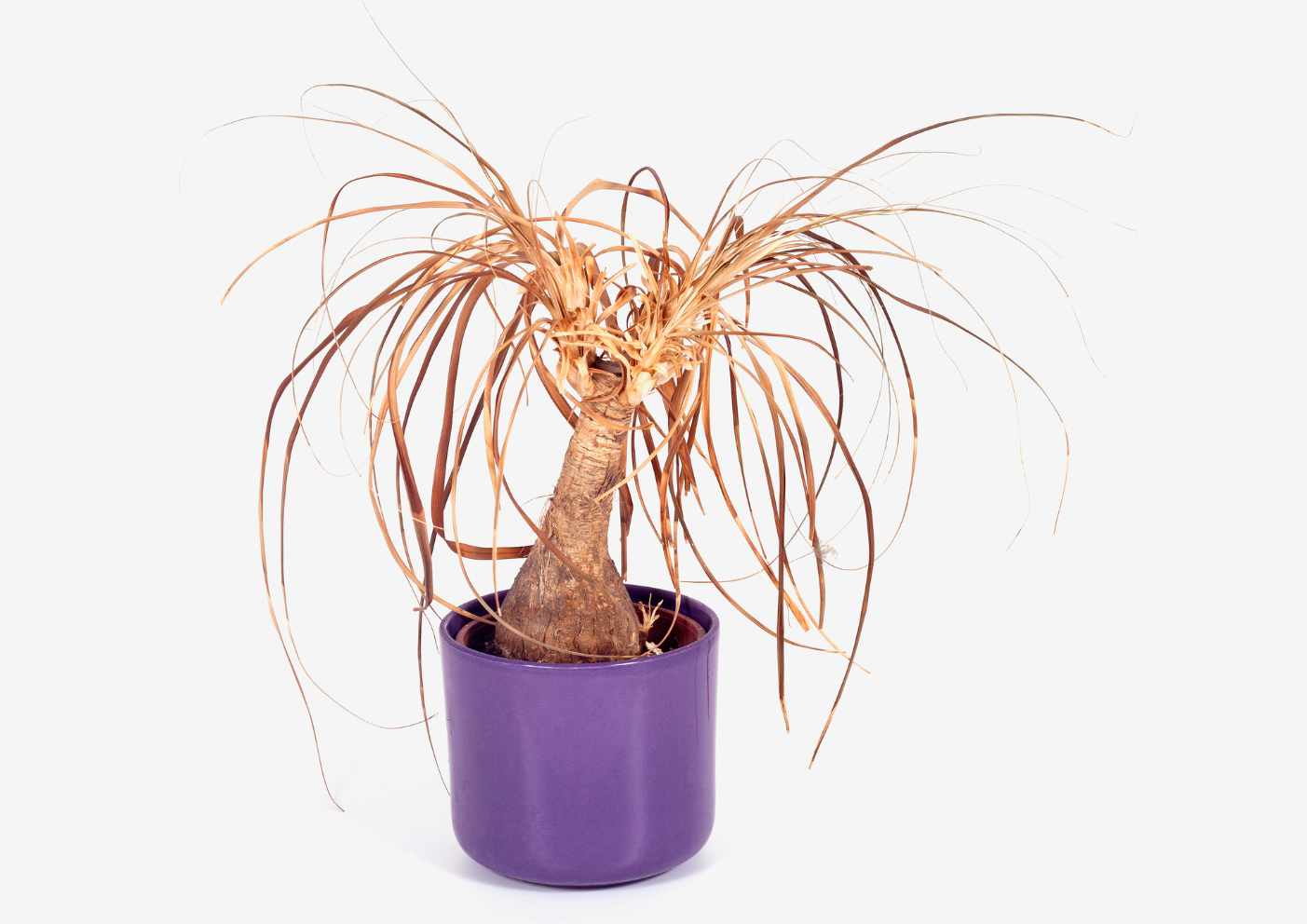
Experiencing Depression in The Family- Post-pandemic
Depression caused by the pandemic refers to a state of low mood, sadness, and loss of interest or pleasure in activities that can be attributed to the ongoing COVID-19 pandemic. This type of depression can be caused by a variety of factors related to the pandemic, such as social isolation, financial stress, uncertainty about the future, loss of loved ones, and the impact of lockdowns and restrictions on daily life.
The pandemic has led to widespread disruption of daily routines and social interactions, which can have a significant impact on mental health. The isolation and loneliness caused by social distancing measures and lockdowns, coupled with the fear and uncertainty about the future, can lead to depression and other mental health issues. Additionally, financial difficulties, job loss, and other economic stresses can also contribute to depression.
I never would have imagined experiencing depression in our home, having made sure that the kids were happy and cared for. But it did, and while it’s new to us, we are coping.
Table of Contents
Depression is Just Like any Physical Illness
Yes, depression is an illness just like any other physical illness. It is a mental health disorder that affects a person’s mood, thoughts, and behavior. Depression can cause significant distress and interfere with daily functioning, making it difficult for people to carry out their usual activities and enjoy their lives.
Depression is not a sign of weakness, and it is not something that people can simply “snap out of.” It is a complex condition that can be caused by a variety of factors, including genetics, brain chemistry, and life experiences.
Just like with other illnesses, there are effective treatments for depression, including talk therapy, medication, and lifestyle changes. Seeking treatment for depression is important, as it can help individuals manage their symptoms and improve their quality of life. It is also important to remember that depression is a treatable illness, and with the right support, people can recover and lead fulfilling lives.
Depression and Puberty
Depression during puberty is a common mental health issue that affects many young people. Puberty is a time of significant physical, emotional, and social changes, and these changes can sometimes trigger or exacerbate depression. Some common symptoms of depression in puberty include:
- Persistent sadness or hopelessness
- Irritability or anger
- Loss of interest in activities they used to enjoy
- Changes in appetite or sleep patterns
- Difficulty concentrating or making decisions
- Low self-esteem or feelings of worthlessness
- Fatigue or lack of energy
- Thoughts of suicide or self-harm
If you suspect your child is struggling with depression during puberty, it’s important to seek professional help. Talk to your child’s healthcare provider or a mental health professional who specializes in working with young people. They can help determine the best course of treatment, which may include talk therapy, medication, or a combination of both.

Experiencing Depression in The Family : Cat Therapy
Depression and Hormones
It’s also important to provide a supportive and understanding environment for your child. Encourage open communication and be willing to listen to their feelings and concerns without judgment. Help them establish healthy habits such as regular exercise, a balanced diet, and adequate sleep. Remember, depression is a treatable condition, and with the right support, your child can overcome it.
Hormones play a significant role in depression. Hormones are chemical messengers that are produced by various glands in the body, including the pituitary, thyroid, and adrenal glands. These hormones affect many aspects of our physical and emotional health, including our mood.
Research has shown that changes in hormone levels can contribute to the development of depression in some individuals. For example, during puberty, pregnancy, and menopause, fluctuations in hormone levels can lead to depressive symptoms.
One hormone that has been linked to depression is cortisol, which is produced by the adrenal glands. High levels of cortisol can lead to feelings of anxiety and depression. Additionally, imbalances in the levels of thyroid hormones can also contribute to depression.
It’s important to note that depression is a complex condition, and there is no single cause. While hormones can play a role in the development of depression, other factors such as genetics, life experiences, and brain chemistry also contribute to the condition. If you suspect that hormonal changes may be contributing to your depression, talk to your healthcare provider about treatment options, which may include hormone therapy, antidepressant medication, talk therapy, or a combination of these.
Happy Hormones
The term “happy hormones” is often used to refer to a group of neurotransmitters and hormones that are associated with feelings of happiness, pleasure, and well-being. These include:
- Dopamine: a neurotransmitter that is associated with pleasure, reward, and motivation. It is involved in many brain functions, including movement, attention, and mood.
- Serotonin: a neurotransmitter that helps regulate mood, appetite, and sleep. It is often called the “feel-good” hormone because it is associated with feelings of happiness and well-being.
- Endorphins: chemicals that are released by the brain in response to pain, stress, or exercise. They are often called the body’s natural painkillers and can produce feelings of euphoria and pleasure.
- Oxytocin: a hormone that is released during social bonding activities, such as hugging or cuddling. It is often called the “love hormone” because it is associated with feelings of trust, intimacy, and social connection.
While these hormones are often referred to as “happy hormones,” it’s important to remember that they are just one piece of the puzzle when it comes to mental and emotional well-being.
Getting Help
It is important to note that depression caused by the pandemic is a real and serious condition that should be addressed with appropriate treatment and support. People experiencing symptoms of depression should seek help from a mental health professional or a healthcare provider.
Getting help when you are depressed is an important step towards recovery. Here are some ways to seek help:
- Talk to someone: The first step is to talk to someone you trust, such as a family member, friend, or healthcare provider. They can provide emotional support and help you navigate the next steps.
- Seek professional help: A mental health professional, such as a therapist or counselor, can help you manage depression with talk therapy, medication, or a combination of both.
- Join a support group: Support groups can provide a sense of community and help you feel less alone. They can also provide practical tips for managing depression and coping with stress.
- Take care of your physical health: Exercise, eating a healthy diet, getting enough sleep, and avoiding alcohol and drugs can all help improve your mental health.
- Consider teletherapy: Many mental health providers now offer teletherapy, which allows you to attend therapy sessions from the comfort of your own home.
Depression is a treatable condition, and there is help available. Don’t hesitate to reach out for support when you need it.
Like a withered plant that is deprived of sunlight and water, a person with depression may feel drained of energy and unable to thrive. They may lose interest in activities they used to enjoy, feel hopeless about the future, and struggle to find motivation to carry out even the simplest tasks.
However, it’s important to remember that depression is not a character flaw or a personal failing. It is different than just being sad. It is a treatable illness that can affect anyone, regardless of their background, personality, or circumstances. With the right support and treatment, people with depression can overcome their symptoms and regain their sense of vitality and purpose. Just like a plant that is given the right conditions, such as sunlight, water, and nutrients, can begin to grow and thrive again.

Experiencing Depression in The Family : nurturing a withered plant





I found out all my depression and anxiety attacks were based on what I was eating and why vitamins my body lacked. I didn’t want to go on meds, so I found out my solution. I’m so glad that having a complete blood workup and taking vitamins to get my blood back in normal shape worked for me. And especially having a doctor who gave a damn about me and pushing drugs down my throat.
Hi Tammy, yes I wanted to do this for my child, I don’t want him to be bombarded by meds, I’m also aware of what lack of vitamins and minerals can do. I am looking into how thyroid function is affecting him…Thanks for your comment…
Great stuff! It’s so important to get help right away, especially for pre-teens & teens. Thanks for posting this — the more awareness, the better!
I know this can be tough. My husband has depression and PTSD thanks to the military but he’s getting help.
Depression runs in my family. It has been a past struggle of mine.
This is such a good post. I know a lot of people who have experienced depression. It sure isn’t easy either.
It is good to have an understanding of depression and how it really works, how it isn’t just a feeling but much deeper than that.
The aftermath of the pandemic has made life hard for many people. With the rapid rising cost of living, homes, and food, many people are struggling financially myself included.
This is a really great topic to talk about, thanks for sharing this very informative post. This is worth sharing
Hey! Your article on the types of depression and how it impacts families is really informative. I appreciate how you explained each type in a simple way and provided tips for supporting loved ones. Great work!
this is so helpful to know, especially when dealing with teens and their anxiety /stress issues.. medication is not the best answer in my opinion too, and talking/the right diet/exercise can help so much more
I think this is more and more of an issue as we delve deeper into the social media age…. I love it but I think for the younger kids and such….it can be so harmful. Always comparing themselves and they live on their phones…..I appreciate you raising awareness as it is a real problem dealing with depression and my favorite cousin has serious issues with this too and I appreciate you raising awareness. Thank you for sharing!